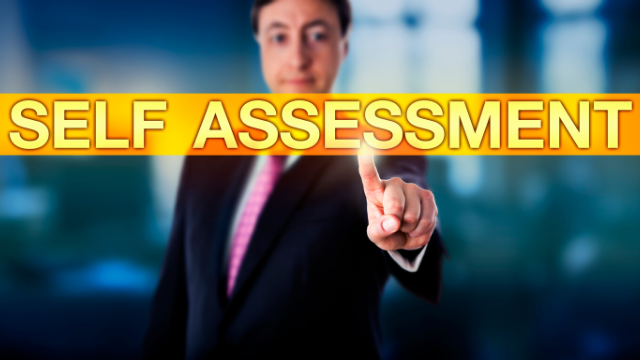How long do I need to keep my self assessment tax records?
Self-assessment is ideally a system the HMRC uses to collect the income tax. Individuals were earned income that HMRC doesn’t know about yet, like profit from a business, need to report that income to HMRC in a self-assessment tax return.
The tax return shows the amount an individual has earned and from what sources over a tax year. Several business owners generally have to prepare a tax return and send the same to HMRC and clear the dues by midnight on 31st January every year.

Why Choose Self-Assessment?
If one identifies that they need to file a self-assessment tax return for a specific tax year, they need to register with the HMRC. The deadline for registering is around 5th October of the calendar year in which the tax year ended, while individuals need to file their first self-assessment tax return for the 2021 to 2022 tax year, which has completed on 5th April, and must be registered with HMRC by 5th October 2022. Individuals do not need to register for self-assessment with HMRC again once the registration is complete.
Who should go for Self-Assessment?
One needs to send a tax return for the past year if they were self-employed as a sole trader and earned more than £1000 or are partners in a business partnership. One also needs to go for self-assessment if they earn income from renting out any property or if they’ve been paid and income from savings, dividends or investments.
Additionally, people also need to file a return if they are eligible for tax relief on pension contributions, charity donations, or maintenance payments. Finally, as a high earner, one must file a tax return if they claim child benefit.
Which records to store and for how long?
One must keep the financial records that details are earnings or income. It helps complete the self-assessment tax return and allows individuals to pay the tax they owe. Additionally, HMRC can also ask to check the records as proof of any figures entered in the tax return. One doesn’t need to submit the complete financial documents to HMRC; instead, summaries them in the annual self-assessment tax return. HMRC will use the information to work out how much tax is after the allowances or income tax relief. HMRC does not have any challenging or fast rules on how they must keep the financial records. As a sole trader, one can control them on paper or create computer spread sheets, but using reputable accounting or bookkeeping software can save them a lot of time and also reduce the likelihood of errors.
One must keep all the details there of running costs, expenses and outgoing expenses which might be incurred for business reasons. Sales receipts and invoices must be retained as proof of purchase, even for small purchases, because HMRC can ask for any of them. Furthermore, it is recommended for people to keep the records for at least five years after the 31st January self-assessment tax return submission deadline. HMRC might seek to check the records at any time before that to ensure the figures are accurate.

